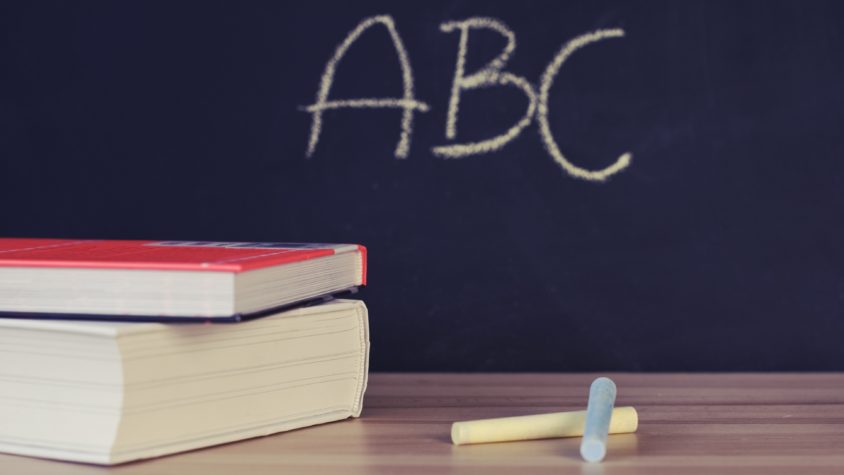By Susanna Schenk The back to school sales have been running since the beginning of July, when September seemed too far in the future to think about backpacks, lunches and the 40 pounds of required notebooks, paper, folders, crayons, markers, pens and pencils; but, now here we are – September....
By Susanna Schenk
The back to school sales have been running since the beginning of July, when September seemed too far in the future to think about backpacks, lunches and the 40 pounds of required notebooks, paper, folders, crayons, markers, pens and pencils; but, now here we are – September. Your children are somewhere between birthday party excited and five shots at the doctor’s office nervous. Wanting the best experience for your child is your main focus and it is important to help your child work through their feelings and finding the best path to success.
One area that is important to focus on when preparing for a new school year is building a strong home and school relationship. Parents who exhibit positive feelings toward relationships with both the school and teacher have children who are more successful and engaged in their education. So how do you do it?
Start with the belief that your child’s teacher wants the best for every student in the class, especially your child.
Follow these 9 helpful tips from EPIC.
1. Help the teacher get to know your child. Find a way to communicate important information about your child. What are the child’s study habits? Strengths and weaknesses? Likes and dislikes? Fears? What are your goals for your child? Also, let the teacher know when there are big things going on at home: illness or death, a new sibling, moving, etc. Don’t wait for conference time to do this!
2. Be collaborative. Treat your child’s teacher as part of your team. Ask him or her for help as needed. Take your child’s teacher’s concerns seriously. Remember your child’s success is the goal you both share!
3. Communicate, communicate, communicate! Find out the best way to reach your child’s teacher, and stay in touch. Don’t expect immediate responses, and be mindful of their time constraints. Remember most teachers are busy teaching all day long. They often don’t have time to answer calls, read or write emails until after school.
4. Be even-tempered. If a problem arises, don’t play the “blame game.” If you have a concern, approach it calmly and with facts in hand. Bring your concern to the teacher before you go to the administration.
5. Join forces to help your child get organized. Understand whatever method the teacher is using in the classroom, and support your child in learning to use that method. Start the year out by double-checking your child’s backpack, and then gradually transfer the responsibility to your child.
6. Participate in the classroom. An effective way to become familiar with your child’s teacher and classroom routine is to volunteer in the classroom. If you can’t come into school, see if there are ways you can support the classroom from home.
7. Sweeten the relationshp. Show teachers you are grateful for all they do. Drop them a simple thank you card, ask them how they are doing, let them know that you are there to help in the classroom if needed. A compliment and a thank you often mean more than a Starbucks gift card. Teachers work hard day and night and they love when someone notices how hard they work.
8. Keep the teacher informed of medical, learning, or attention problems. If your child has special needs in the classroom, provide the teacher with written information. If your child has an Individualized Education Plan, meet with the teacher face-to-face to review. If you have access to general fact sheets regarding your child’s condition, provide the teacher with copies. Communicate openly and honestly. Don’t wait for conference day to give the teacher important information about your child.
9. Know your rights and responsibilities. Understand the programs that are available to help your child. Remember, you are a partner with your child’s teacher.
Above all else, remember your child takes their cues from you – your attitude toward school, learning, and the teachers matter and ultimately can become your child’s attitude. Therefore, stay positive and always be kind.

